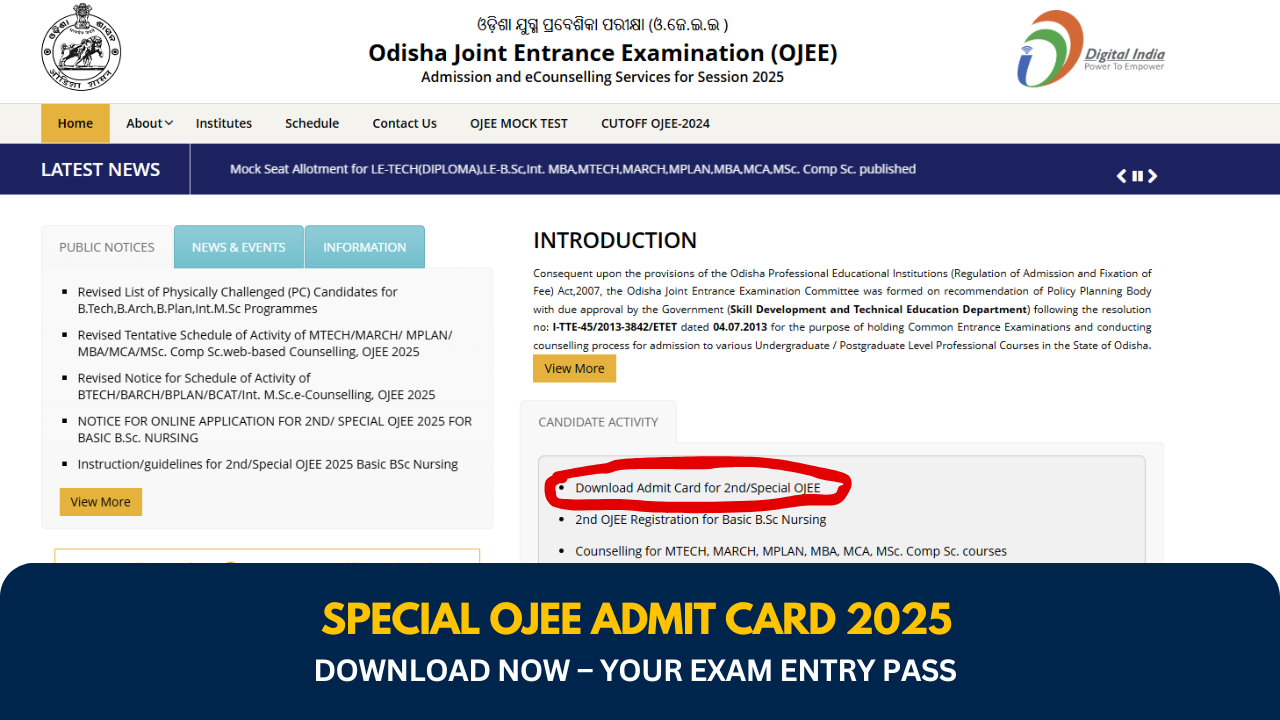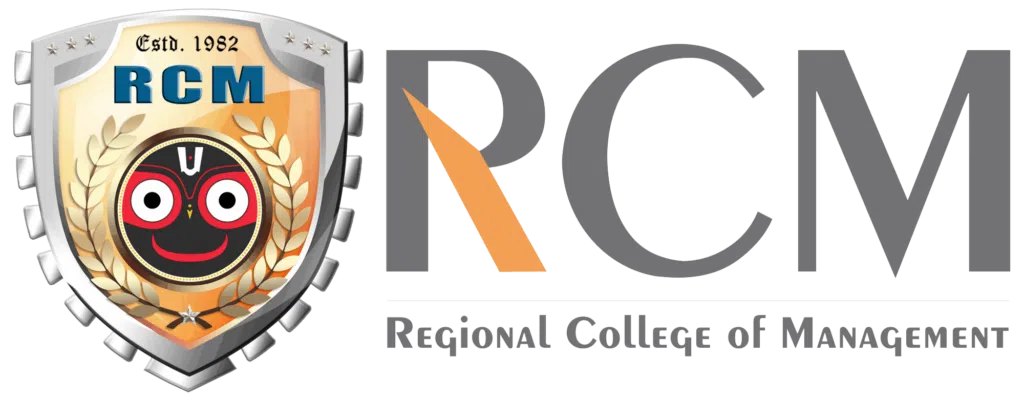With the rapid growth of the IT sector, Bachelor of Computer Application (BCA) has emerged as one of the most sought-after undergraduate courses. If you are interested in computer science, software development, or programming, then BCA can be an excellent career choice. In this blog, we will discuss BCA full form, BCA course details, subjects, eligibility, duration, fees, syllabus, and career opportunities. We will also answer some frequently asked questions to help you understand the importance of a BCA degree.
What is BCA?
BCA full form is Bachelor of Computer Application. It is a three-year undergraduate degree that provides students with in-depth knowledge of computer science, programming languages, database management, networking, and software development. BCA is a popular alternative to BTech in Computer Science, especially for students who want to enter the IT industry quickly.
Download the list of top 10 BCA colleges
BCA Course Details
- Course Name: Bachelor of Computer Application (BCA)
- Duration: 3 years (6 semesters)
- Eligibility: 10+2 from a recognized board with a minimum percentage requirement (varies by institution)
- Course Type: Undergraduate
- Course Level: Computer Science & IT
- BCA Course Fees: ₹50,000 – ₹2,00,000 per annum (varies based on the institution)
BCA Course Duration
The BCA course duration is three years, divided into six semesters. Each semester includes different subjects covering programming, database management, networking, web development, and cybersecurity.
BCA Eligibility Criteria
To apply for a BCA course, students must meet the following eligibility criteria:
- Completed 10+2 (Higher Secondary) from a recognized board.
- Minimum percentage requirement varies between 45% to 60%, depending on the institution.
- Some universities require Mathematics or Computer Science as a subject in 10+2.
- There is no age limit for BCA admissions.
How to Apply for BCA Course?
Steps to Get Admission in BCA After 12th:
- Check Eligibility: Ensure you meet the required percentage and subject criteria.
- Choose a College/University: Research institutions that offer BCA courses.
- Entrance Exam (if applicable): Some universities conduct entrance exams, while others provide direct admission.
- Apply Online/Offline: Fill out the application form and submit the necessary documents.
- Merit-Based Selection or Exam-Based Admission: Some universities offer admission based on 12th marks, while others require an entrance test.
- Complete the Admission Process: Pay the fees and complete the enrollment process.
BCA Subjects & Syllabus
BCA covers various computer-related subjects over six semesters.
BCA First Semester Subjects:
- Computer Fundamentals & Programming in C
- Digital Electronics
- Mathematics
- Communication Skills
- Business Practices & Management
BCA Course Subjects (General Overview):
- Data Structures
- Object-Oriented Programming (OOP) with Java
- Database Management System (DBMS)
- Web Technologies (HTML, CSS, JavaScript, PHP)
- Computer Networks
- Operating Systems
- Software Engineering
- Cloud Computing
- Cyber Security
- Artificial Intelligence & Machine Learning (AI & ML)
How Many Subjects in BCA?
The BCA syllabus consists of 30-35 subjects, including core programming languages, database management, networking, and software development.
How Many Types of BCA Courses Are There?
There are different types of BCA programs available:
- Regular BCA – A standard full-time degree course.
- Distance BCA – Offered by universities like IGNOU, for students who prefer remote learning.
- Online BCA – Digital platforms provide online BCA courses with industry-oriented training.
Is BCA a Professional Course?
Yes, BCA is a professional IT course that trains students in software development, data analytics, and networking.
Is BCA a Graduate Degree?
Yes, BCA is an undergraduate degree equivalent to other Bachelor’s programs like BSc or BTech.
BCA Course Fees in India
The BCA course fees vary based on the institution type:
- Government Colleges: ₹50,000 – ₹1,00,000 for the entire course.
- Private Colleges: ₹1,50,000 – ₹4,00,000 for the entire course.
- Distance BCA: ₹30,000 – ₹1,00,000 (varies by university).
BCA Full Form Salary & Career Opportunities
Job Roles After BCA:
- Software Developer – ₹3 – 8 LPA
- Database Administrator – ₹4 – 9 LPA
- Cybersecurity Analyst – ₹5 – 10 LPA
- IT Consultant – ₹4 – 8 LPA
- Web Developer – ₹3 – 7 LPA
- Cloud Computing Engineer – ₹5 – 12 LPA
Frequently Asked Questions (FAQs) About BCA
Q1: Is BCA easy?
Yes, BCA is relatively easy compared to engineering courses, but it requires good programming skills and logical thinking.
Q2: Can I do BCA after the 10th?
No, BCA requires a 10+2 qualification. However, you can opt for Diploma in Computer Applications (DCA) after the 10th.
Q3: How many semesters are there in BCA?
BCA has six semesters, covering various subjects like programming, networking, and database management.
Q4: Is BCA a professional course?
Yes, BCA is a professional IT course that prepares students for the software industry.
Q5: How many years does it take to complete BCA?
BCA is a three-year undergraduate degree.
Q6: Can commerce students do BCA?
Yes, commerce students can pursue BCA. Some universities require Mathematics in 10+2, while others offer admission without it.
Q7: What is the use of the BCA course?
BCA is useful for students interested in programming, web development, AI, cybersecurity, and data science.
Q8: How much percentage is required for BCA?
Most universities require 45% – 60% marks in 10+2.
Q9: How to get admission in BCA after the 12th?
You can get admission through merit-based selection or entrance exams conducted by universities.
Conclusion
BCA is an excellent choice for students who want to pursue a career in software development, networking, cybersecurity, and data science. With its vast scope and career opportunities, BCA graduates can secure high-paying jobs in top IT companies or opt for higher studies like MCA, MSc CS, or MBA in IT. Whether you are from Science, Commerce, or Arts, BCA opens doors to exciting opportunities in the tech industry.






















